Redlands approves $2.1 million public safety camera system upgrade
City Council votes unanimously to replace aging technology and enhance crime prevention efforts.
Farmers seek support for a proposal to allow local farm tours, retail u-pick, farm-to-table meals and more before City Council April 2

UPDATE 4/2 – The Redlands City Council unanimously approved ordinance 2961 allowing new agritourism opportunities for Redlands farmers. Cheers followed the decision from a strong showing of community members who came out to support local farmers.
REDLANDS, Calif. — A small herd of sheep wanders eagerly down the road as Anna Knight, a fifth-generation farmer with Old Grove Orange Inc., pulls up to her farm. The sheep made a break from their enclosure. Knight says it happens sometimes when they are looking for greener pastures to graze.
While petting one of the escapees, Knight explains that local farmers are also seeking new pastures – ways to diversify how they engage with the community and customers – but are limited by local zoning laws established generations ago.
Knight explains that farming in Redlands a century ago looked much different than today.
"A-1 zoning guidelines were designed for farmers 100 years ago when everyone was growing citrus and it was a money crop and you participated in a pack-housing system."
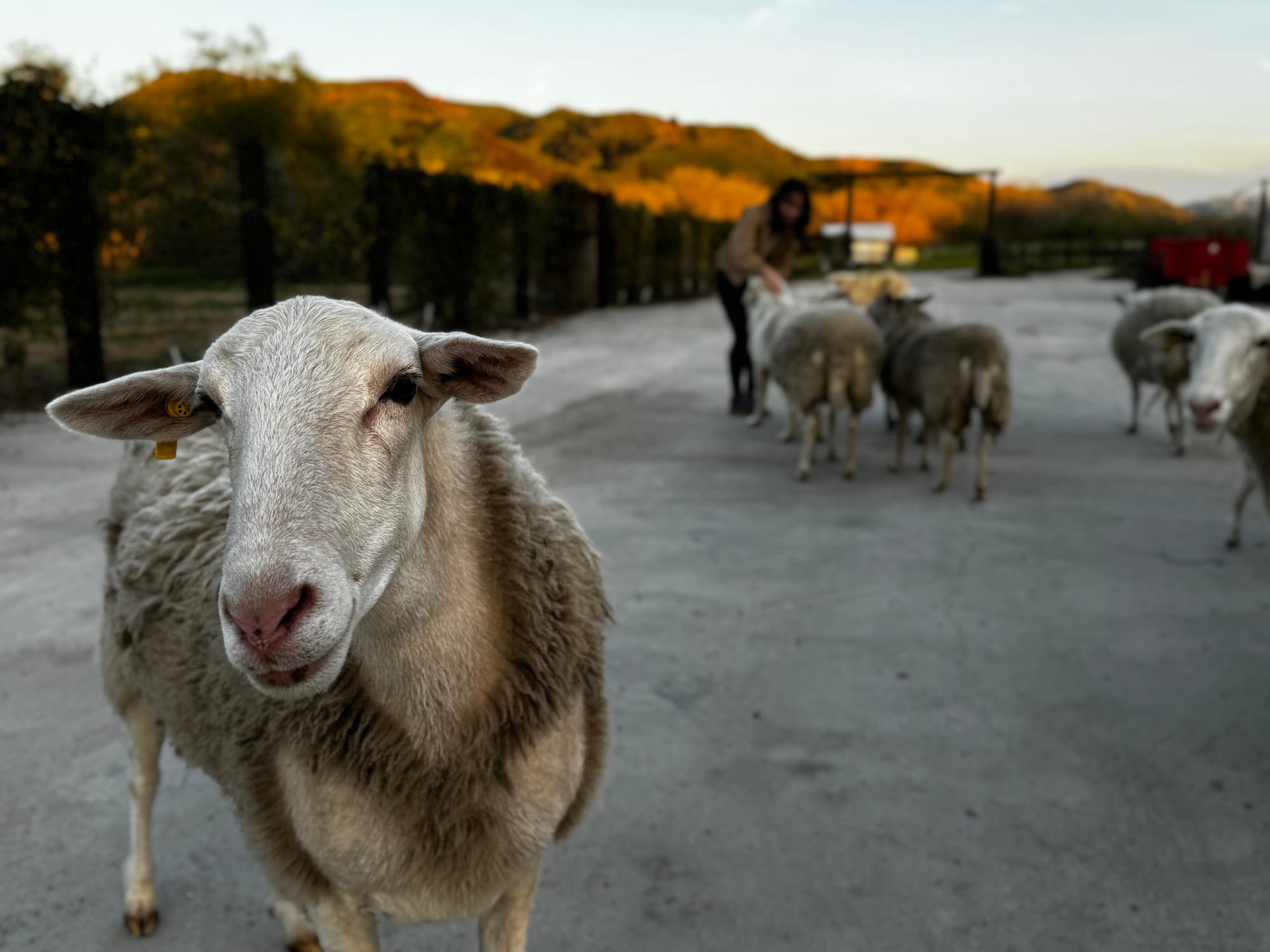
About 18 months ago, a coalition of Redlands farmers and ranchers met at Knight's family farm to discuss the future of sustainable farming. The Two Canyon Farmers Guild developed a plan to modernize agricultural zoning rules to better engage the community, open up their farms, and remain an integral part of the local economy for future generations.
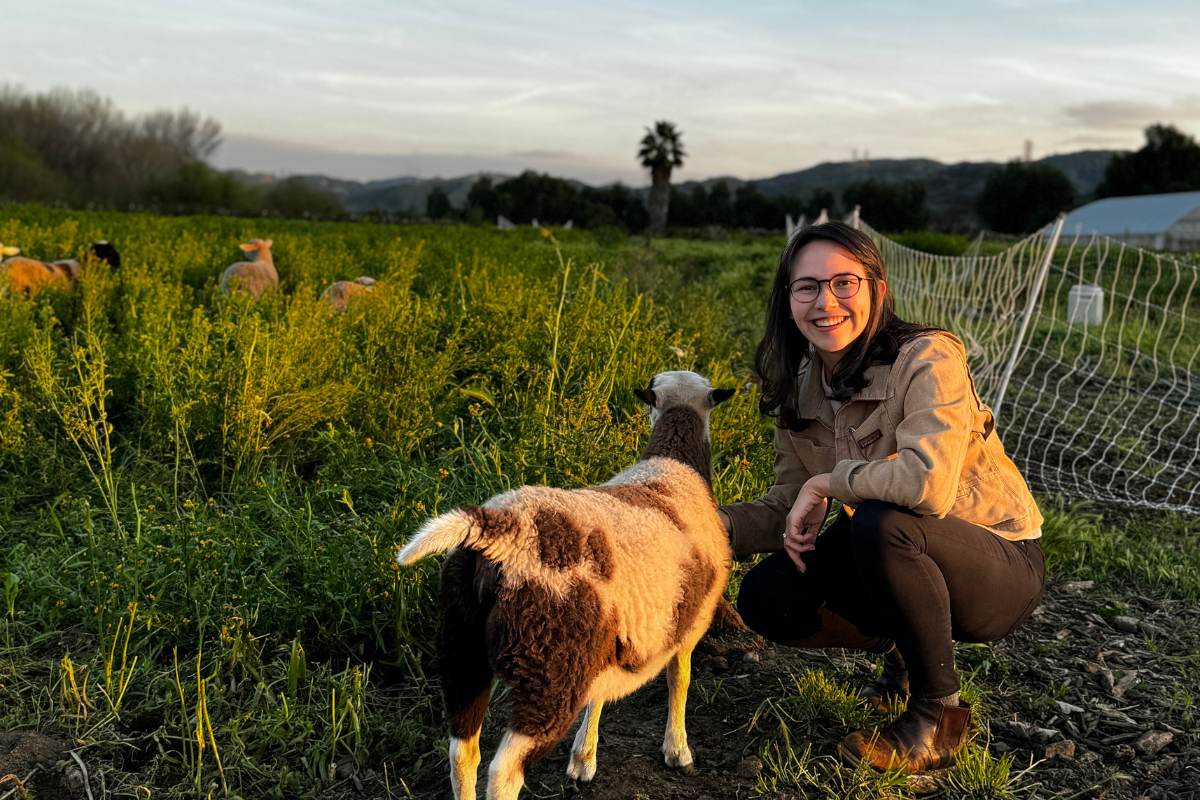
Diversifying income is needed to survive
As development encroaches on the region, farmers face larger incentives to sell their land to developers. This becomes especially tempting when the pay-off for sustainable farming decreases.
"Farming is hard in the best of times, just given how smaller farmers participate in our food industrial complex," says Knight. "But it is just impossible in the worst of times, and we are in the worst of times."
Knight is referring to the oriental fruit fly quarantine that has gripped San Bernardino County since October 2023. Knight calls it the "most drastic and severe kind of quarantine."
Before the quarantine, Old Grove supplied public schools, including Redlands Unified School District (RUSD), with fresh specialty oranges and vegetables. Since the Oriental Fruit Fly, Knight has not been able to sell any of her oranges.
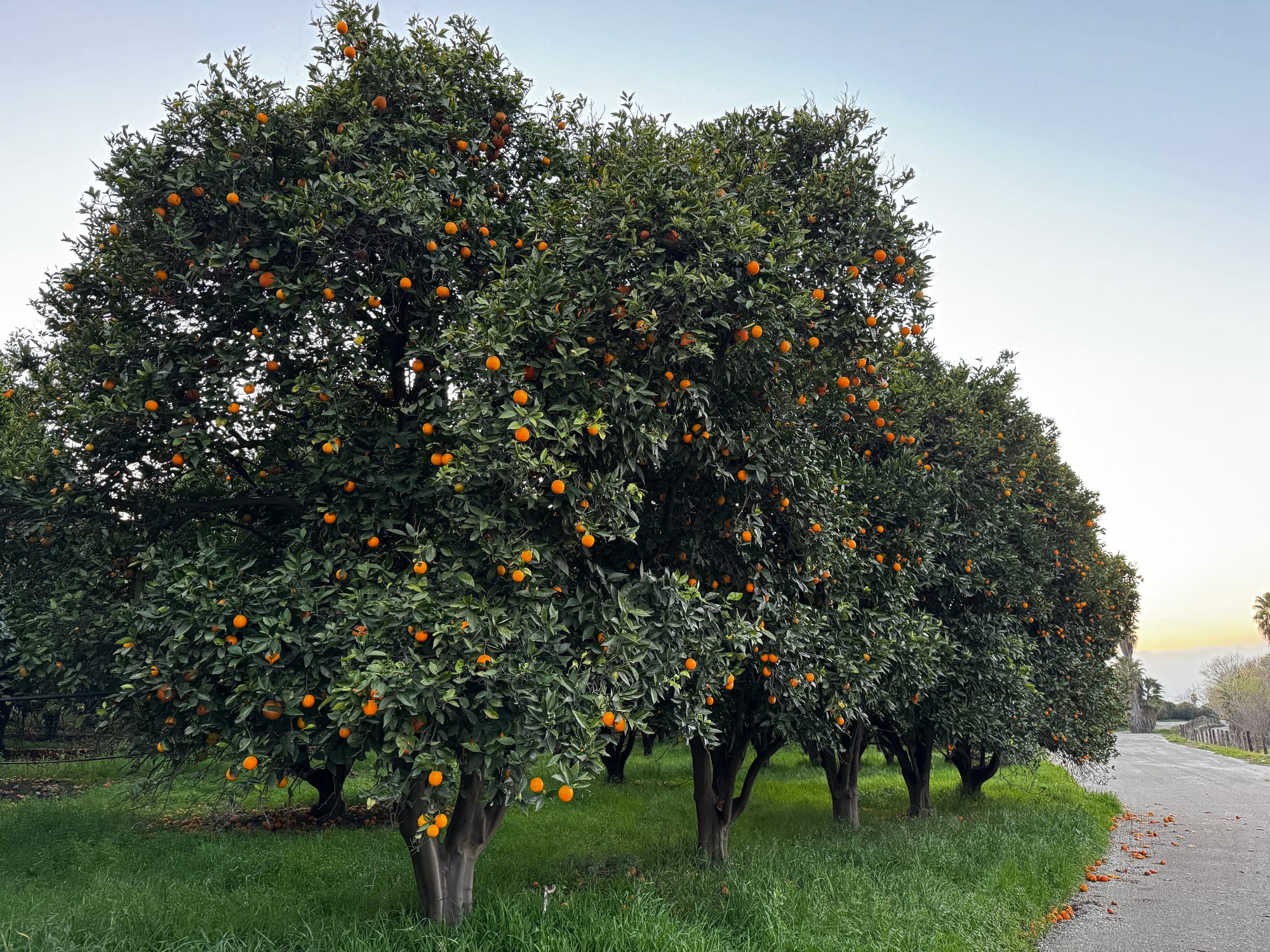
"I've lost 100% of my Mandarin crop, 100% of my navels. That's true for every farmer in Redlands, Rialto, Moreno Valley, Riverside. In this season alone, we are going to lose some of the last 350 acres of citrus grove right here in Redlands," Knight told the Redlands Planning Commission in February.
Worse still, she has to pay to have her crops destroyed. "I'm going to lose money asking someone to pick my fruit when I can't even sell it."
Modernizing farming in Redlands requires changes to the city code
Knight, who manages 81 acres in Crafton Hills and San Timoteo Canyon, submitted the proposal to amend Redlands Municipal Code Chapter 18.20 on behalf of the Two Canyons Farmers Guild. The code amendment would allow for more than just farming on areas zoned A-1 Agriculture in the Timoteo Canyon and Live Oak Canyon and smaller areas of remnant groves near the Redlands Municipal Airport.
"Agricultural tourism" covers a wide range of activities, including direct sales of produce, educational programs, accommodation options, outdoor leisure, and special events.
The proposed amendment defines agritourism and underscores its purpose as visiting operational farms for enjoyment, education, or active engagement in farm-related activities.
If you have visited Temecula wine country or enjoyed a you-pick strawberry or apple farm, then you have seen agri-tourism first-hand. These activities are designed to bolster the economic viability of farms without conflicting with their primary agricultural functions. The overarching goal is to support the economic sustainability of farms while preserving the rural ambiance of agricultural zones.
One important aspect of the amendment is that farmers will be able to expand revenue streams without additional permitting for certain activities like roadside stands, preparation of farm-table meals, u-pick events, and compost production.
The amendment would also allow for conditional use permits for other commercial uses, including wedding venues, bed-and-breakfasts, wineries, food processing operations, or overnight camps. The proposal also notes that tours or retail self-pick operations with more than 150 persons per day would require a conditional use permit.
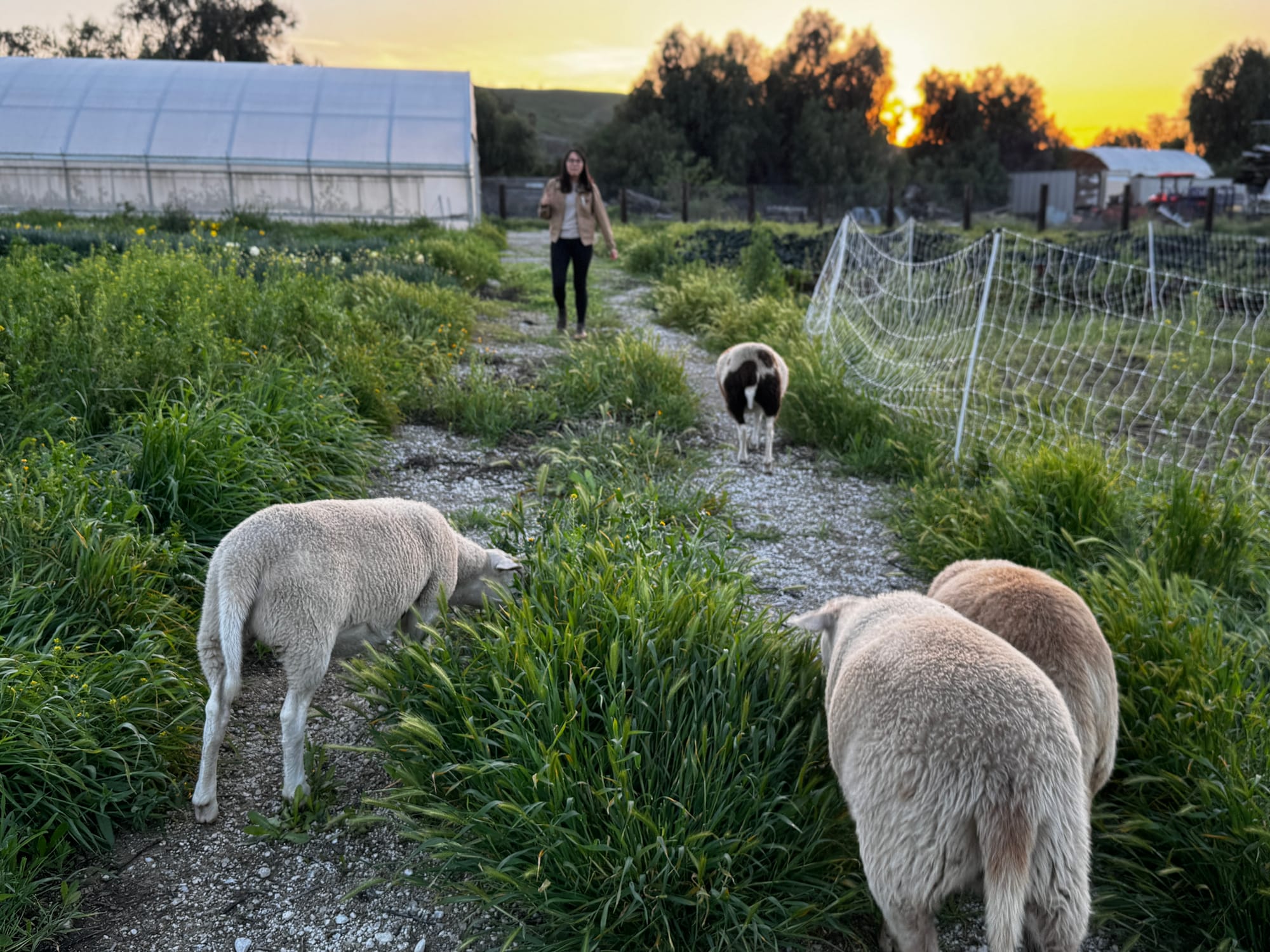
Community support of the ordinance
The community came out in strong support for the code amendment during the Feb. 27 Planning Commission meeting.
Josie Perez, Nutrition Specialist at RUDS emphasized the beneficial relationship between the Department of Child Food Services and local farmers.
"By providing fresh, organic ingredients, we are empowering our students to make healthier choices and laying the foundation for lifelong wellness," said Perez.
Sourcing fruits and vegetables from Redlands farms decreases travel time and ensures students are provided with produce that's the freshest and most nutritious, stated Perez.
Evan Sanford, executive director of the Redlands Chamber of Commerce, spoke to support the amendment to "protect our past and also embrace the future."
"With the closure of Redlands Foothill Groves, there are only two packing houses left in the Valley located in Riverside. As this historic chapter in our region comes to a close, agritourism is the future for our local citrus industry."
Sanford also noted the Chamber's role in co-sponsoring the state assembly bill Protecting Our Agricultural Economy (AB 2827), introduced by Majority Leader Eloise Reyes Gomez. The bill would establish statewide goals to detect, control and eradicate invasive species, like the Oriental Fruit Fly.
The bill has the potential to compensate local growers in the event of an invasive species decimating the crop supply, said Sanford.
Representatives from the local climate action group Accelerate Neighborhood Climate Action (ANCA), said that one of the biggest concerns they hear from community members is maintaining and expanding a local food system.
Linda Hamilton, executive director of ANCA Redlands, highlighted a range of threats facing the global food supply, including extreme heat, drought, wildfires, and flooding. Hamilton said adequate local food is essential to the health of the community.
"We need our local farmers, and we need to support them in any way we can."
The Planning Commission unanimously agreed to recommend the proposed code amendment to the City Council for final approval.
Moving forward: Knight hopes the community will support local farmers at the upcoming City Council meeting on April 2.
"This is just a real-life, tangible way to support Redlands growers. If you care about farmers or if you care about keeping open space or you care about preserving our Grandmother Trees, coming out to City Councils and say ‘yes I want my farmers to be financially viable for the next five generations to come.’"
If approved, Knight says she is excited to show students where their food is grown and create opportunities for the community to tour Old Grove farms where they can pick fresh organic flowers and berries.
Those interested in making a public comment can do so in person during the City Council meeting at 35 Cajon Street or via Zoom at the link posted in the agenda here.
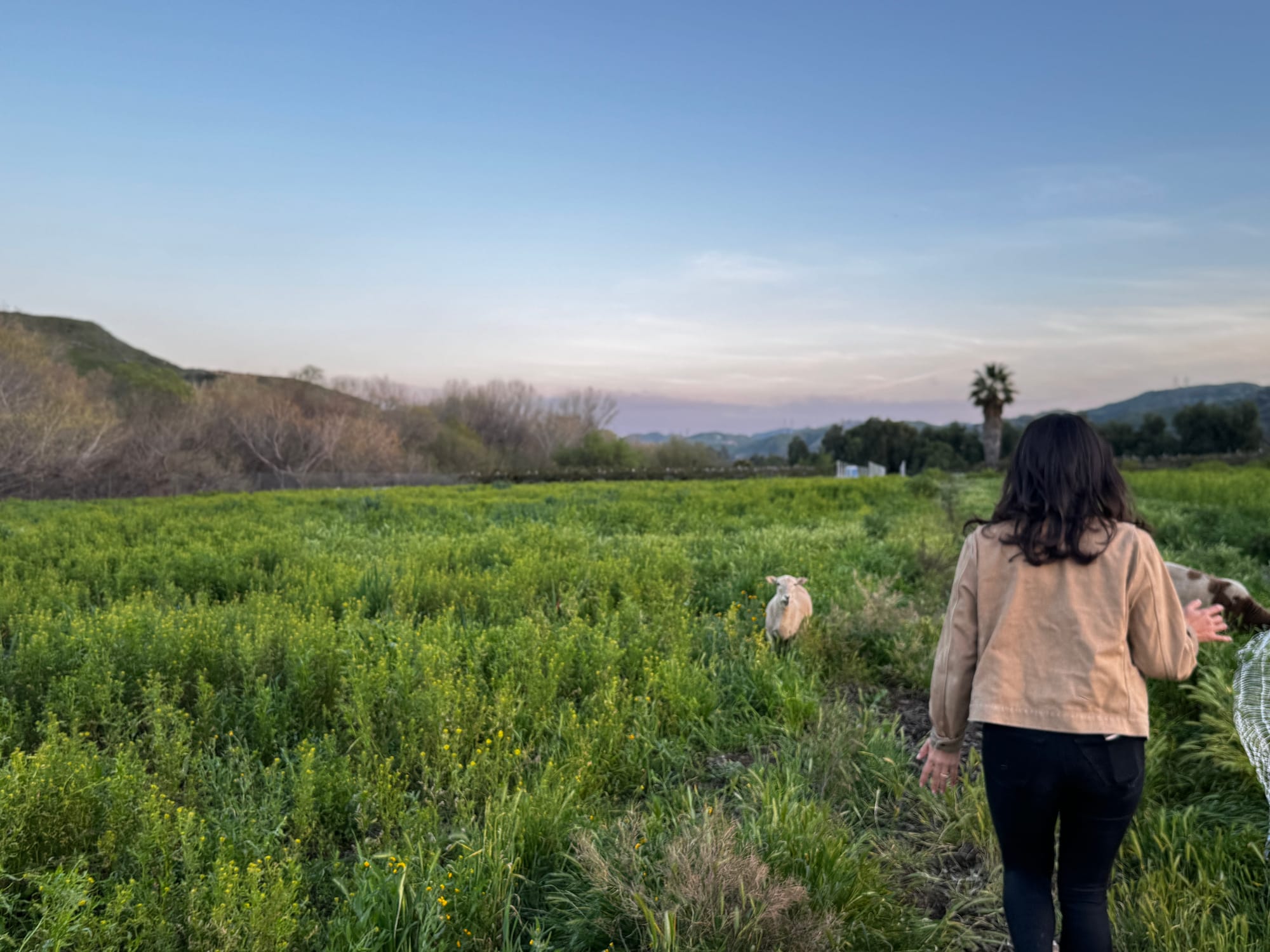
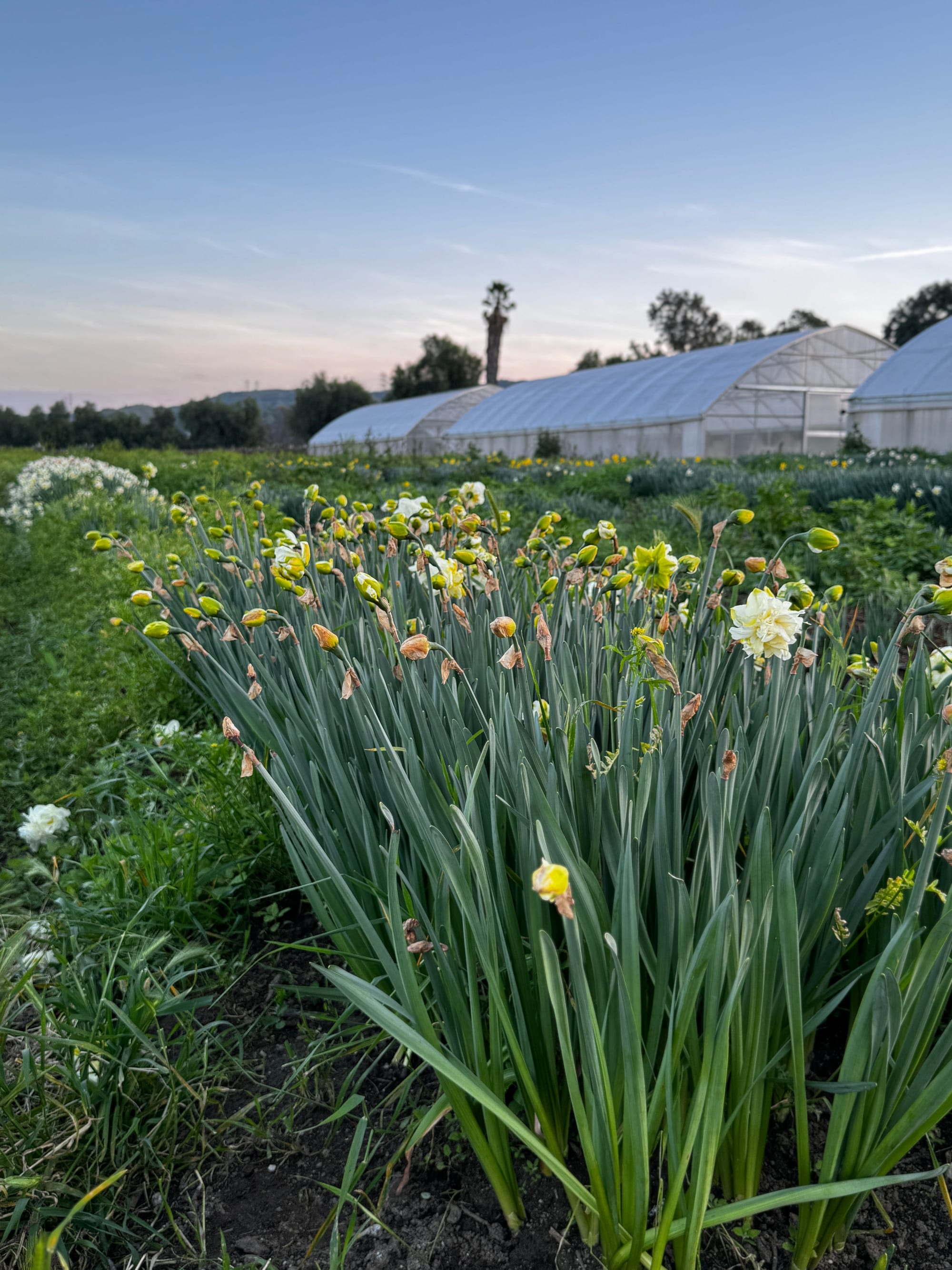
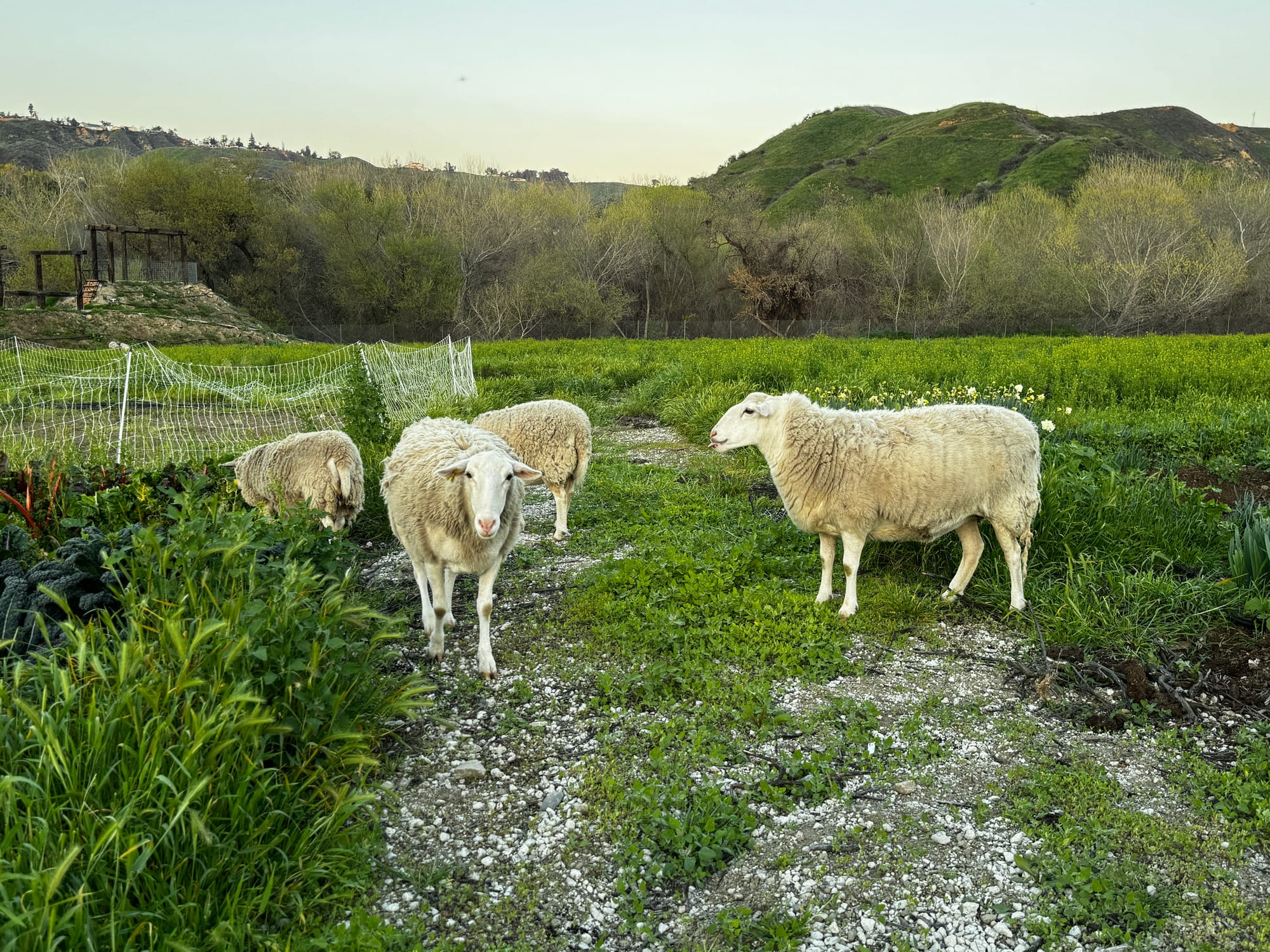
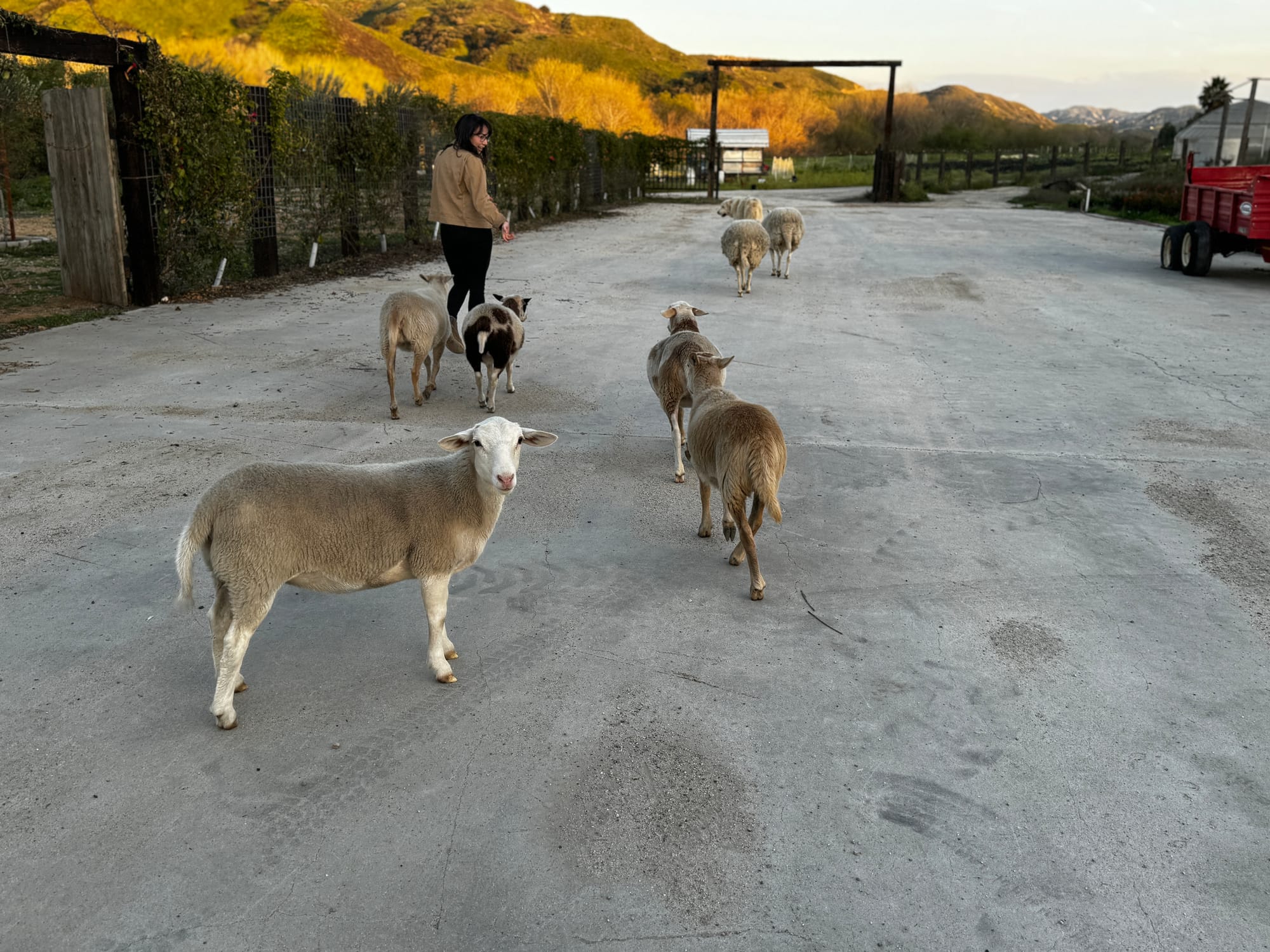
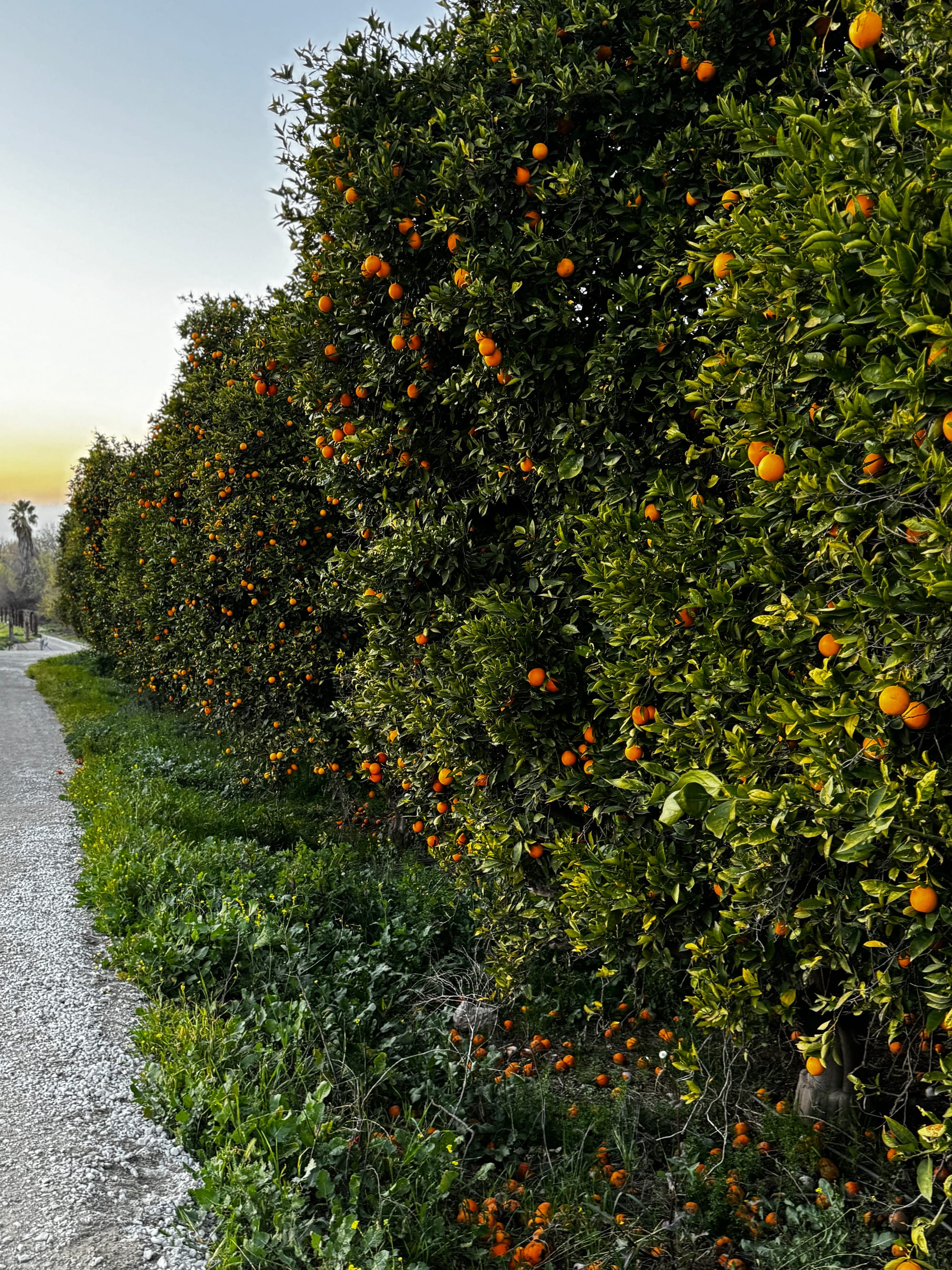
Old Grove Orange farm. Photos: Community Forward Redlands
Sign up for our weekly newsletter